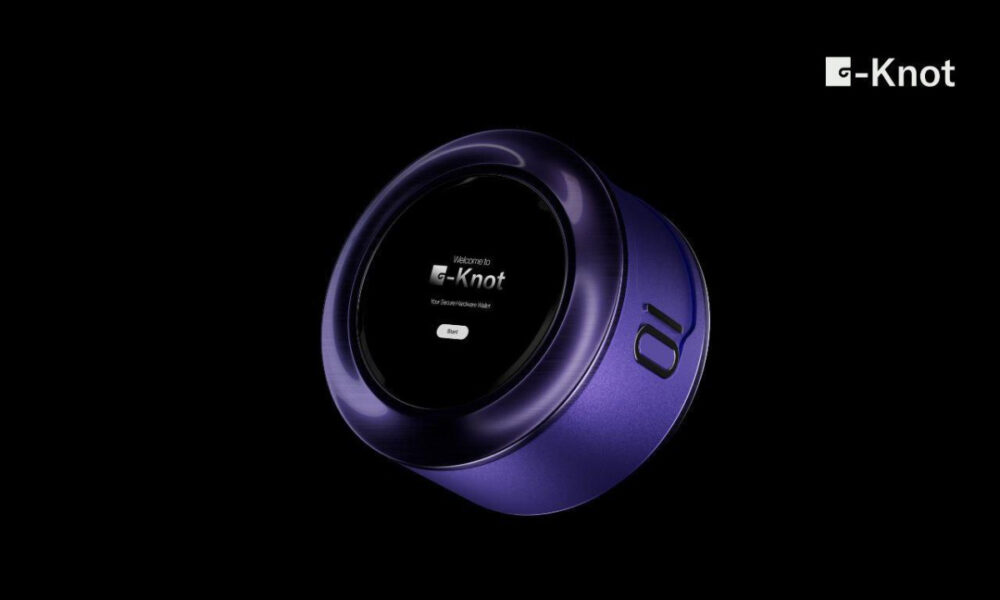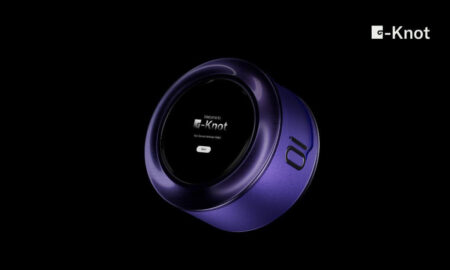Introduction
In this digital era where space is at a premium and consumerism is on the rise, self-storage has emerged as a practical solution for individuals and businesses alike. This article aims to delve deep into the concept of self-storage, exploring its benefits, uses, tips for effective utilization, and much more.
Understanding Self Storage
Self storage in Bozeman refers to the renting of storage space—such as rooms, lockers, containers, or outdoor space—where individuals or businesses can store their belongings or inventory. These facilities are typically rented on a monthly basis and provide a secure and accessible location for storing items.
Types of Self Storage Facilities
- Traditional Self Storage Units: These are standalone facilities offering various sizes of storage units, usually accessible via drive-up or indoor access.
- Climate-Controlled Storage: Ideal for storing temperature-sensitive items such as electronics, antiques, or documents.
- Portable Storage Containers: Offered by companies that deliver containers to your location for loading, then transport them to a storage facility.
- Vehicle Storage: Designed to accommodate vehicles like cars, boats, or RVs, providing protection from the elements.
Benefits of Self Storage
- Flexibility: Renters can choose the size and type of storage unit based on their needs, and easily upgrade or downsize as required.
- Security: Most self-storage facilities employ robust security measures, including surveillance cameras, gated access, and onsite staff, to ensure the safety of stored items.
- Accessibility: Renters have convenient access to their belongings whenever needed, often with extended hours or 24/7 access options.
- Decluttering: Self-storage offers a temporary solution for decluttering homes or offices, allowing for better organization and increased living or working space.
- Business Solutions: Businesses can utilize self-storage for inventory management, seasonal storage, document archiving, or as a cost-effective alternative to warehouse space.
One of the significant benefits of self-storage is its convenience. Whether you’re downsizing or just need extra space, platforms like Find Storage Fast help you locate nearby facilities quickly and efficiently.
Tips for Effective Self Storage
- Plan Ahead: Take inventory of items to be stored and choose the appropriate size and type of storage unit.
- Organize and Label: Pack items systematically and label boxes for easy identification.
- Maximize Space: Utilize vertical space by stacking boxes and investing in shelving units or racks.
- Protect Valuables: Use appropriate packing materials and consider climate-controlled storage for sensitive items.
- Security Measures: Invest in quality locks and insurance coverage to safeguard stored belongings.
Choosing the Right Self Storage Facility
- Location: Consider proximity to your home or business for convenience.
- Facility Features: Evaluate security measures, accessibility, and additional amenities such as climate control or vehicle storage.
- Reviews and Reputation: Research online reviews and testimonials to gauge the reliability and reputation of the storage facility.
- Cost: Compare rental rates and any additional fees or insurance requirements before making a decision.
Common Uses of Self Storage
- Home Renovations: Store furniture and belongings during home remodeling projects to protect them from dust and damage.
- Moving: Temporary storage can facilitate the moving process, providing a safe place for items during the transition.
- Seasonal Storage: Store seasonal items like holiday decorations, sporting equipment, or winter clothing during off-seasons.
- Business Inventory: Retailers and e-commerce businesses can use self-storage for excess inventory, seasonal stock, or document storage.
Conclusion
Self-storage has become an integral part of modern living, offering convenience, security, and flexibility for individuals and businesses alike. By understanding the different types of facilities, benefits, and tips for effective utilization, individuals can make informed decisions to meet their storage needs efficiently.
FAQs
- Are self-storage facilities secure?
- Yes, reputable self-storage facilities implement various security measures to protect stored items, including surveillance cameras, gated access, and onsite staff.
- Can I access my belongings at any time?
- Many self-storage facilities offer extended hours or 24/7 access options for renters’ convenience, allowing access to stored items whenever needed.
- How do I choose the right storage unit size?
- Evaluate your storage needs based on the items you plan to store and consider factors like future growth or additional belongings to select the appropriate size.
- Are there restrictions on what I can store in a self-storage unit?
- While most items are permissible, some facilities may have restrictions on hazardous materials, perishable items, or live animals. It’s essential to check with the facility beforehand.
- Is insurance necessary for stored belongings?
- While storage facilities may have security measures in place, it’s advisable to have insurance coverage for added protection against unforeseen events such as theft, fire, or natural disasters.



































